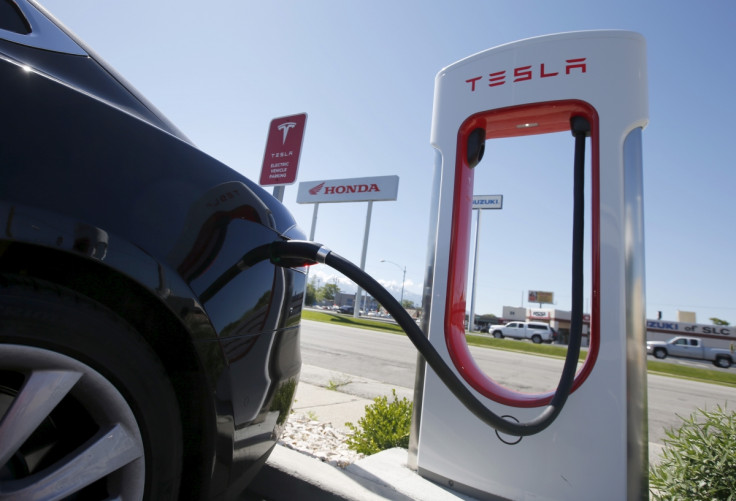Free and unlimited Tesla charging to end 15 January: This is how much it will cost
New Teslas bought after 15 January will get around 1,000 miles of free range per year before incurring fees.

New Tesla cars bought after 15 January will no longer have free, unlimited access to the company's Supercharger network. Instead, they will get 400kWh of free energy each year, after which each additional kilowatt-hour of charging will cost 20p.
Tesla says the annual 400kWh allowance is enough energy for approximately 1,000 miles of driving. Given Tesla cars have batteries ranging between 60kWh and 100kWh in size, full recharges on the UK Supercharger network will cost between £12 and £20. According to Tesla, its cars have a driving range of between 248 and 381 miles, although real-world tests have returned closer to between 200 and 250 miles.
Recharging will be billed to drivers using the credit card details already held on Tesla's system. The cost of recharging will appear on the car dashboard screen before charging starts. Drivers are billed once they have finished charging. There is then a fee for occupying a charger when the battery is full; in the US this stands at 40c per minute.
The car maker explained in a blog post: "Supercharging will remain simple, seamless and always significantly cheaper than gasoline. We are only aiming to recover a portion of our costs and set up a fair system for everyone; this will never be a profit center for Tesla. Customers can just plug in, charge up, and access their charging history on our website."
Cars built by Tesla before 15 January 2017 will retain their free and unlimited access to the Supercharger network for life, even after they have been sold to a new owner, but they will still be liable for fines when occupying a charger with a full battery.
Tesla says a road trip from Paris to Rome (around 1,400km or 870 miles) would cost €60 (£52) in Supercharger fees. Driving the width of the US from New York to Los Angeles, a distance of 2,800 miles, would cost about $120 (£98). The cost of charging varies by country and by US state.
The move to start charging for electricity should not come as a surprise. Despite growing its Supercharger network, Tesla has maintained that these are to be used for long-distance driving only, and that commuters and those making local journeys should recharge at home, at work or at a public charging station. It was also suggested at the launch of the upcoming Model 3, to be the company's cheapest car yet, that free Supercharger access will not be included.
© Copyright IBTimes 2025. All rights reserved.






















